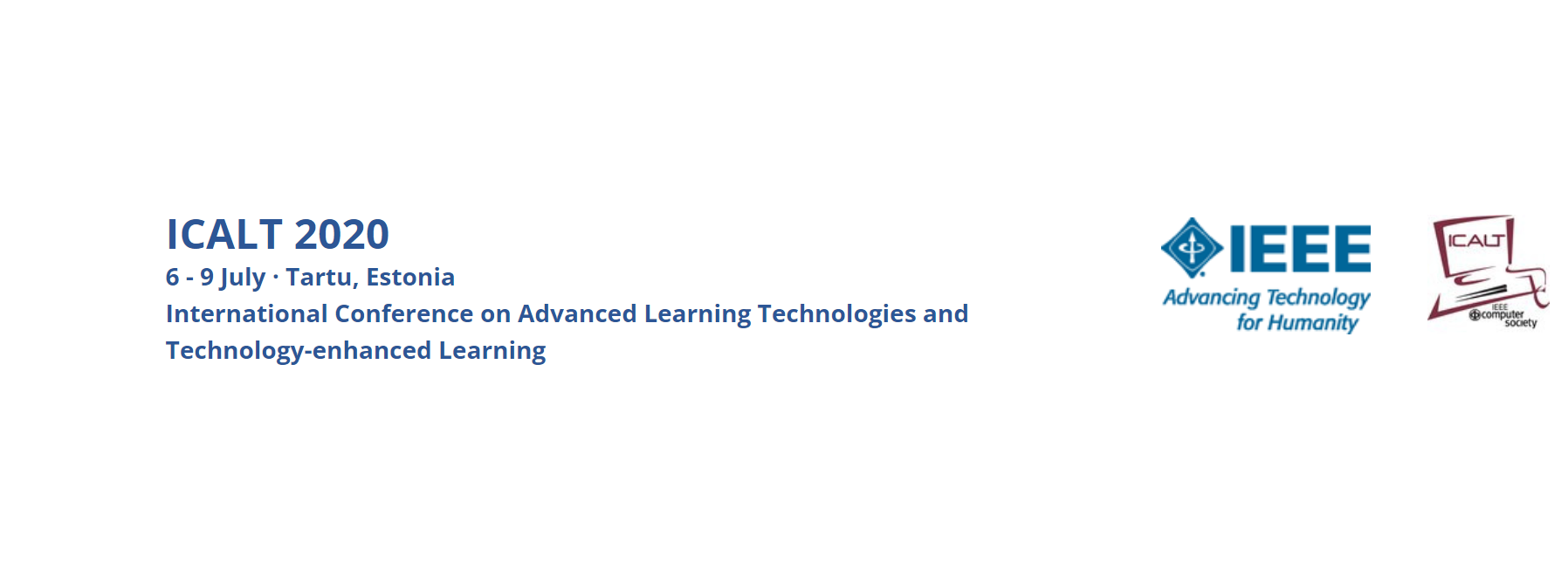
Track 9. Technology-Enhanced Learning of Thinking Skills (TELoTS)
Track Program Chairs
Chandan Dasgupta
Indian Institute of Technology Bombay, India
(CO-ORDINATOR)
Sahana Murthy
Indian Institute of Technology Bombay, India
Camilo Vieira
Universidad del Norte, Colombia
Track description and topics of interest
Thinking skills have been identified and characterized in a variety of ways, such as, 21st Century skills, ABET student learning outcomes, science process skills, and computational thinking skills, to name a few. Regardless of the discipline, development of thinking skills has been shown to be crucial for students’ success in the 21st century workplace. We define thinking skills as cognitive processes that human beings apply for sense-making and problem-solving. The precise nature and definition of thinking skills may vary across contexts or domains. We view the context or domain as a vehicle for learning of the thinking skills. Examples of such skills include critical thinking, engineering design, problem formulation and solving, creation and revision of scientific models, decision making, experimentation skills, data analysis and so on. The goal of this track is to provide a platform for researchers and educators to present their research on how technology can be used to develop and assess learners’ thinking skills.
We welcome a variety of topics and research issues related to the design, development and evaluation of technology enhanced learning of thinking skills.
Topics include:
- Learning environments for development of thinking skills
- Techniques for integration of ICT to promote thinking skills
- Systems / tools aimed at explicitly developing thinking skills
- Pedagogical approaches and teaching-learning strategies for developing thinking skills
- Curriculum design for the development of thinking skills
- Assessment of thinking skills – techniques, tools and innovative approaches using technology
- Methodological issues and innovative methods related to research in TELoTS
- Curriculum design for the development of thinking skills
- Models, theories and frameworks underpinning TELoTS
- Transfer of thinking skills across domains and situations; techniques for fostering transfer; methods of assessing transfer of thinking skills
A paper submitted to the TELoTS track is expected to contain at least two of the following:
- Design – This could be the description of a prototype system, or innovative curricular material, or model, for development of a thinking skill.
- Deployment – This could be a pilot or a large-scale deployment of system/material, along with some evidence of effectiveness.
- Evaluation – This should be a formal educational research study, having strong empirical basis, drawing on relevant research methods.
Track Program Committee
Sridhar Iyer, Indian Institute of Technology Bombay, India
Ramkumar Rajendran, Indian Institute of Technology Bombay, India
Shitanshu Mishra, Vanderbilt University, USA
Ashok Basawapatna, SUNY Old Westbury, USA
Sanjay Chandrasekharan, HBCSE, TIFR, India
Madhuri Mavinkurve, Thakur College of Engineering, India
Vijay Raisinghani, NMIMS University, India
M. Sasikumar, Indian Institute of Technology Bombay, India
Lung Hsiang Wong, National Institute of Education, Singapore
Hsin-Kai Wu, National Taiwan Normal University, Taiwan
Wenli Chen, National Institute of Education, Singapore
Aneesh P. Tarun, Ryerson University, USA
Francesco Cafaro, Indiana University, USA
Alejandra J. Magana, Purdue University, USA
Gautam Biswas, Vanderbilt University, USA


